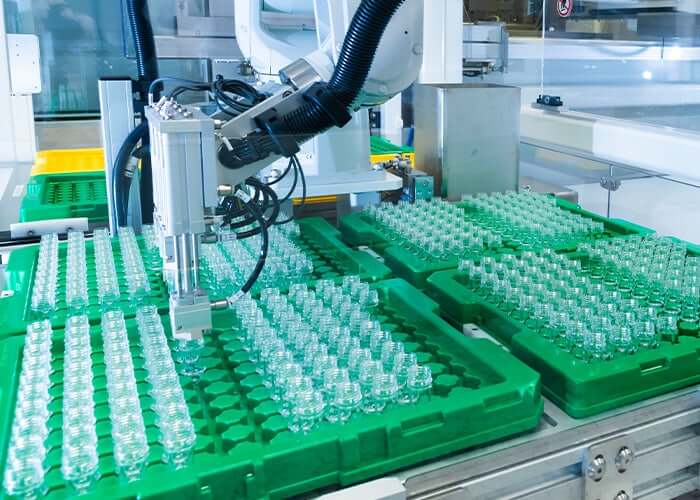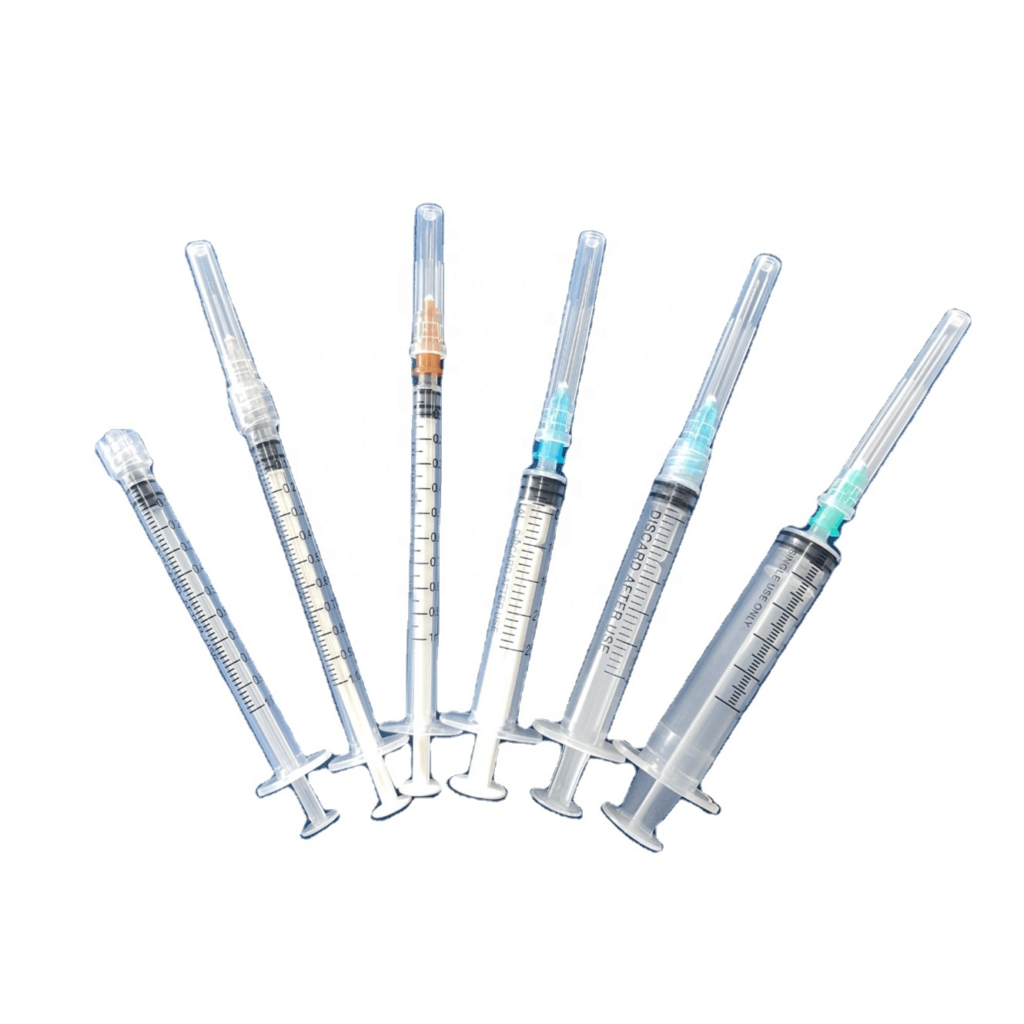Medical Injection Molding
GHXLD partners with leading medical device manufacturers, wearable technology startups, suppliers, and research institutions to expedite rapid prototyping and efficiently scale production capabilities. 500 medical product and equipment companies trust our advanced manufacturing solutions, including industrial-grade 3D printing, high-precision CNC machining, and cutting-edge medical injection molding. These services support a wide range of needs, such as rapid prototyping, product testing, custom tooling, and bespoke manufacturing designs.
Accelerate development of FDA Class I and II devices, or non-implantable components, with our medical injection molding capabilities, which include steel tooling, clean rooms, and ISO 13485 quality certification
Custom Prototypes and Parts
Workshop name
Workshop name
Workshop name
Workshop name
Workshop name
Workshop name
Advantages of Using Injection Molding in the Medical Industry:
Advantages of Using Injection Molding in the Medical Industry:
Interactive Design Analysis
Receive design for manufacturability (DFM) feedback with every quote, allowing you to make crucial design adjustments that reduce development time and costs.
Low-Volume Production
Obtain low-volume production parts in as little as 1 day to streamline your supply chain both before and after product launch.
Medical Materials
Choose from high-temperature plastics, medical-grade silicone rubber, and 3D-printed micro-resolution and microfluidic parts, among hundreds of other plastic, metal, and elastomeric materials.
Rapid Prototyping
Develop prototypes using production-grade materials for functional and regulatory testing, or leverage our 3D printing services to create models and organ scans for pre-procedure visualization in medical applications.
Technology Agnostic
With multiple manufacturing technologies across four services, your parts are matched with the ideal equipment and process to meet the specific needs of your project.
Medical Applications
Our extensive production capabilities allow us to improve medical device production to serve many healthcare applications, including Medical And Surgical Instruments. Some of the applications include:
- Handheld devices
- Surgical instruments
- Medical testing devices
- Gas Flow Regulating Valve Body of Ventilator
- Anaesthetic Adjustment Base
- Ventilators
- Implantable prototypes
- Prosthetic components
- Laparoscope Accessories

What Materials Work Best for Medical Applications?
PEEK has strong chemical resistance, radiation resistance, and wear resistance. Due to its incredible heat resistance, PEEK is suitable for sterilization and injection molding. It is commonly used in orthopedic instruments, dental implants, healing caps, and spinal fusion devices.
This thermoplastic material with high molecular weight is suitable for wearable medical devices. However, PE cannot be sterilized using high-pressure sterilizers due to its poor heat resistance.
PP has high heat resistance, making it ideal for producing parts that require regular sterilization with high-pressure sterilizers. PP is also tough, lightweight, cost-effective, and resistant to radiation, chemicals, electricity, and organic solvents.
- PS offers good impact resistance and dimensional stability. It is non-toxic, affordable, tasteless, FDA-compliant, and lightweight, making it suitable for petri dishes and test tubes.
This robust and flexible engineering thermoplastic has high vibration resistance, heat resistance, impact resistance, and UV resistance. PC has good dimensional stability and is commonly used in medical instruments.

Choosing the Right Material for Medical-Grade Products:
Choosing materials for medical injection molding involves considering not only use cases and specific material properties but also:
Medical Post-Processing Capabilities
- Anodizing
- Passivization
- Electroplating
- Powder Coating
- Insert Installation
- Heat Treatment

